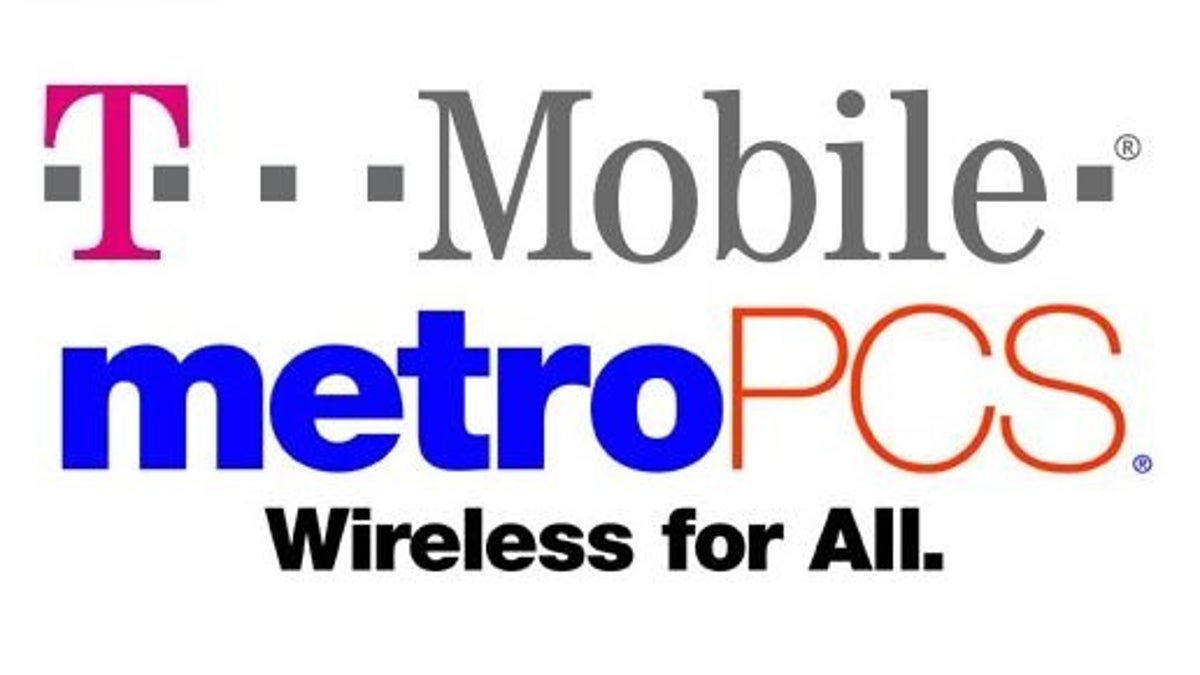
What good is it for T-Mobile and MetroPCS to hook up in a $1.5 billion merger if the combined entity is still going to be the fourth-place carrier? According to wireless analysts, it all about spectrum. T-Mobile needs more of it to catch up to the 4G LTE networks of Verizon and AT&T. However, that doesn't mean the transition will be easy, with many wondering whether T-Mobile can avoid the same potholes as Sprint and Nextel.
"They are combining back end systems, switching technologies, and merging companies," says Avi Greengart, research director for Current Analysis. "It can be done, but transitions of this sort are always treacherous."
[MORE: T-Mobile and MetroPCS Agree to Merger]
This transition should be made, however, according to Roger Entner, who leads IAG's Communications Sector covering the wireless industry. "It's the same logic that drove T-Mobile in the arms of AT&T. They need more spectrum, and they don't have the time to wait around for the FCC to make more spectrum availalble. They need it now."
According to the terms of the deal, MetroPCS will move away from CDMA by the end of 2015 and convert to LTE on the AWS band, complementing that with HSPA+ and GSM in the PCS band (1900 MHz). The combined carrier will have 42.5 million customers, compared to 56 million for Sprint, 94 million for Verizon, and 105 million for AT&T.
Given the fact that the FCC derailed the AT&T and T-Mobile deal, there's not guarantee that it will approve this merger, but the chances certainly look better. "The FCC decided they will accept very small deals with 10 or even 100,000 subscribers," Entner said. "So the big question is where’s the line with the FCC set?"
For Greengart, the pros certainly seem to outweight the cons. "On paper there are certainly positives: the companies get to combine spectrum, both are moving/planning to move to LTE, and using T-Mobile’s network could greatly expand MetroPCS’ geographic reach," he argued.
Ultimately, the merger is good news for consumers, who will get better coverage and a continued focus on value-priced plans. The new T-Mobile would also have a better shot at getting the iPhone. The only real trade-off is that there would be one less carrier to choose from.
"It’s a positive for consumers because we have the choice between many weaker players and fewer stronger players," Entner argued. "Do we want to have more carriers that cannot bring really what Americans want by stronger, better networks, because there’s not enough spectrum? Or are we willing to accept fewer carriers who actually can provide the services Americans accept and want?"








































